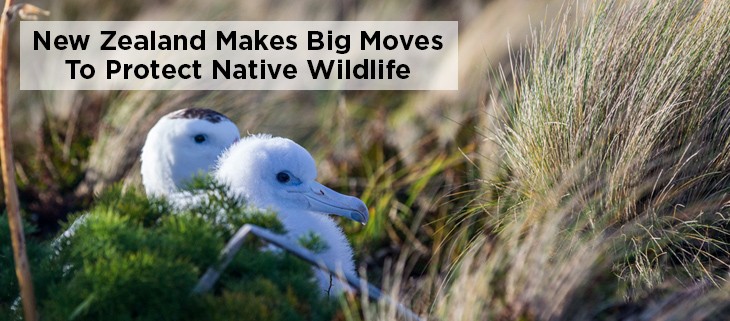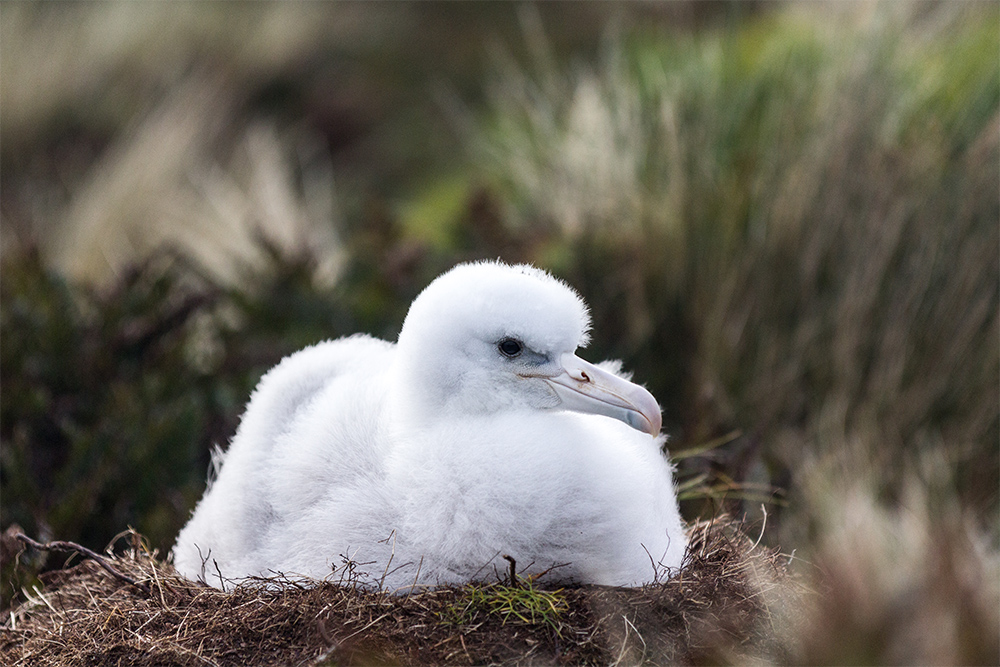December 4, 2024
The Ebiil Society: Champions of Palau
Ann Singeo, founder of our partner organization the Ebiil Society, shares her vision for a thriving Palau and a flourishing world of indigenous science!
We use cookies to help you navigate efficiently and perform certain functions. You will find detailed information about all cookies under each consent category below.
The cookies that are categorized as "Necessary" are stored on your browser as they are essential for enabling the basic functionalities of the site. ...
Necessary cookies are required to enable the basic features of this site, such as providing secure log-in or adjusting your consent preferences. These cookies do not store any personally identifiable data.
Functional cookies help perform certain functionalities like sharing the content of the website on social media platforms, collecting feedback, and other third-party features.
Analytical cookies are used to understand how visitors interact with the website. These cookies help provide information on metrics such as the number of visitors, bounce rate, traffic source, etc.
Performance cookies are used to understand and analyze the key performance indexes of the website which helps in delivering a better user experience for the visitors.
Advertisement cookies are used to provide visitors with customized advertisements based on the pages you visited previously and to analyze the effectiveness of the ad campaigns.
Looking to make an impact this Earth Month? Here’s how.

New Zealand is taking action to protect its native species. The country has vowed to remove 100% of invasive rats, stoats, and possums by 2050. New Zealand Minister of Conservation Maggie Barry said:
New Zealand’s commitment to Predator Free 2050 is the largest and most ambitious invasive species eradication project ever attempted. We are already seen as world leaders in pest control. The commitment builds on New Zealand’s support for the 2016 Honolulu Challenge–a global initiative to reduce the impacts of invasive species.
In 2016, Island Conservation proudly partnered with New Zealand’s Department of Conservation (DOC) and the Morgan Foundation with support from World Wildlife Fund NZ to restore Antipodes Island’s ecosystem, which was suffering from impacts of invasive mice. Together the partnership carried out operations for the so-named “Million Dollar Mouse” project. The team will soon revisit the island to observe how the ecosystem has responded to the removal of an invasive predator.

Invasive species are not only a major problem in New Zealand–they cause destruction in numerous ways around the world. Barry noted:
New Zealand is a microcosm of the global scene – invasive alien animals and plants are a major cause of species declines and extinctions around the world…I’m very proud to announce New Zealand’s commitment to take a leadership role to work with partners in other countries to increase global efforts to achieve Aichi Target 9: that invasive alien species are controlled and eradicated.
Commitments to reduce the impacts of invasive species are much-needed and offer much hope in the race against extinction. Inger Andersen, Director-General for the International Union for the Conservation of Nature (IUCN) said:
Invasive species are one of the biggest threats to our planet’s biodiversity. IUCN stands ready to assist New Zealand and encourages other nations and organisations to follow its bold steps to address this urgent global challenge.
Kudos to New Zealand DOC for committing to the restoration of the natural environment and the protection of threatened native species!

Featured photo: Vulnerable Antipodean Albatrosses in nest. Credit: Jason Zito/Island Conservation
Source: Beehive.govt.nz
Check out other journal entries we think you might be interested in.
Notifications